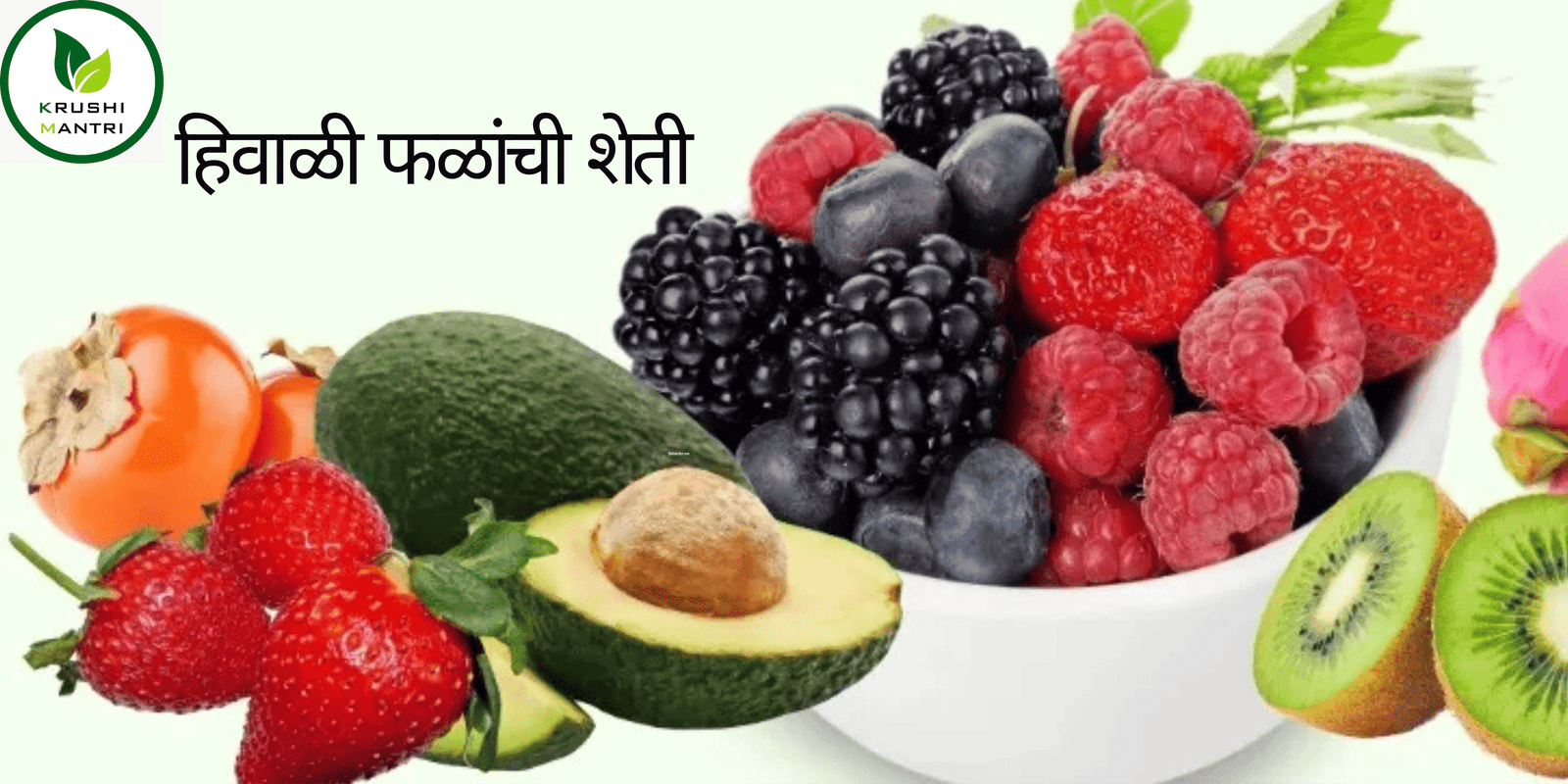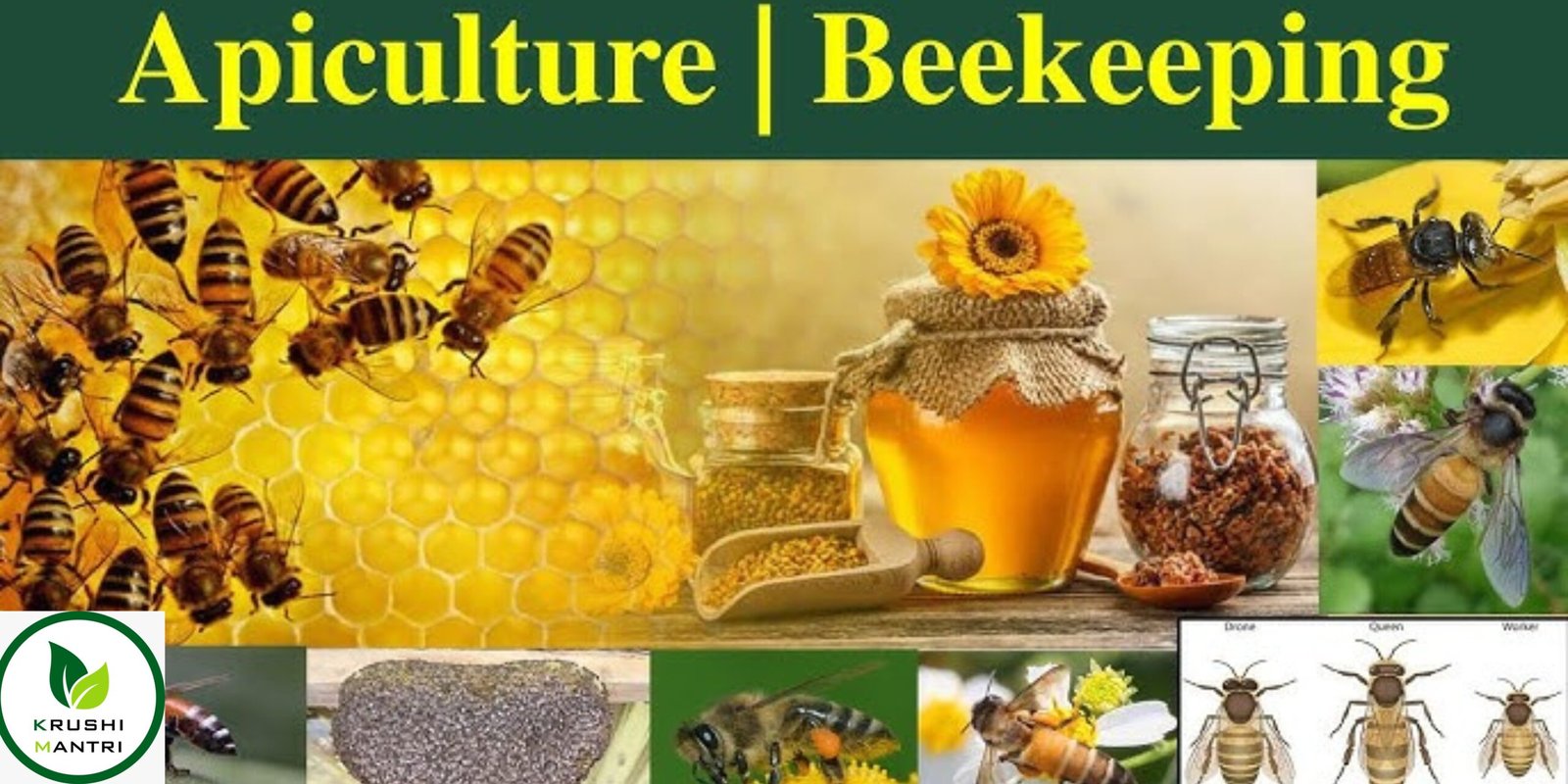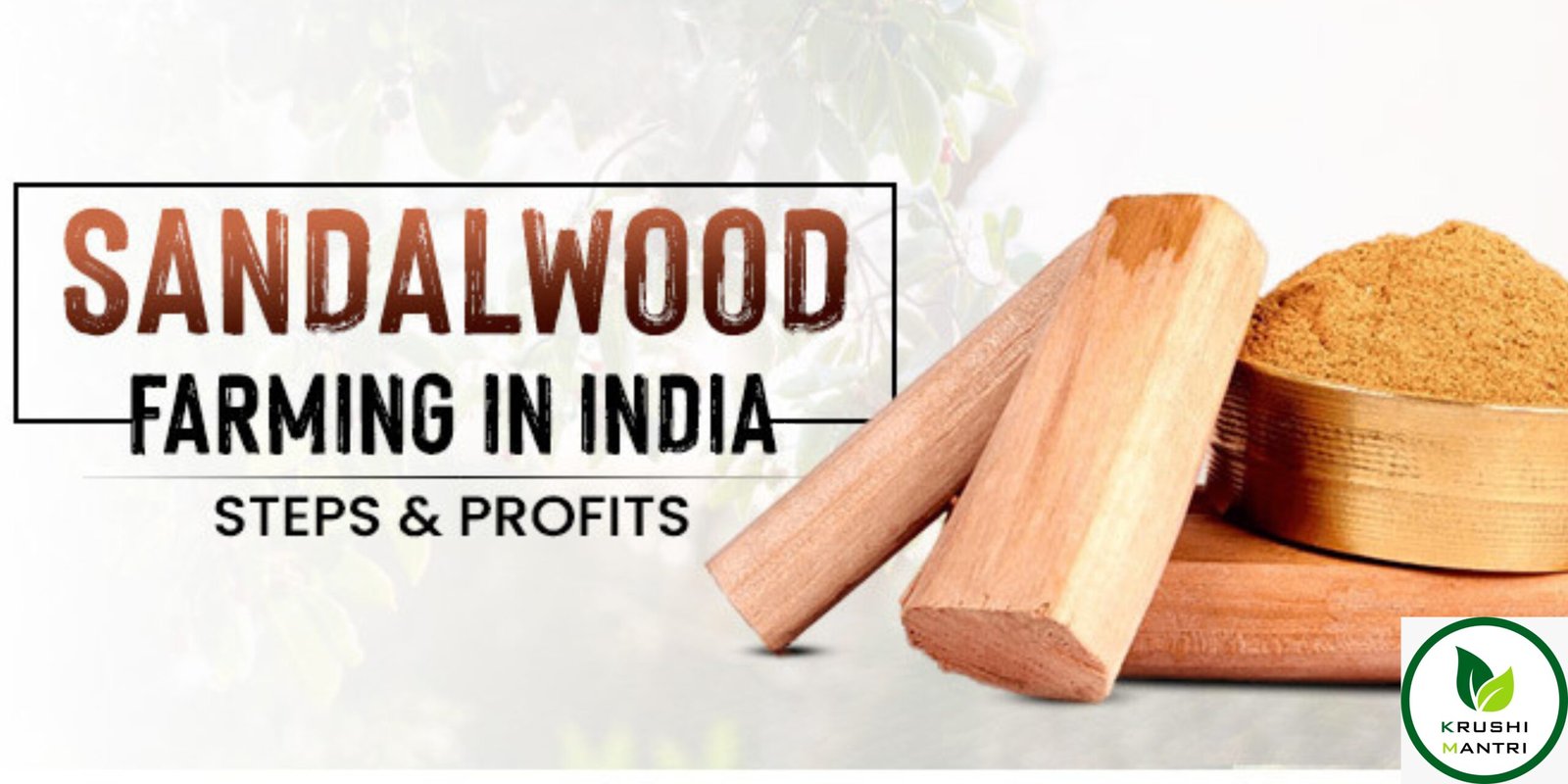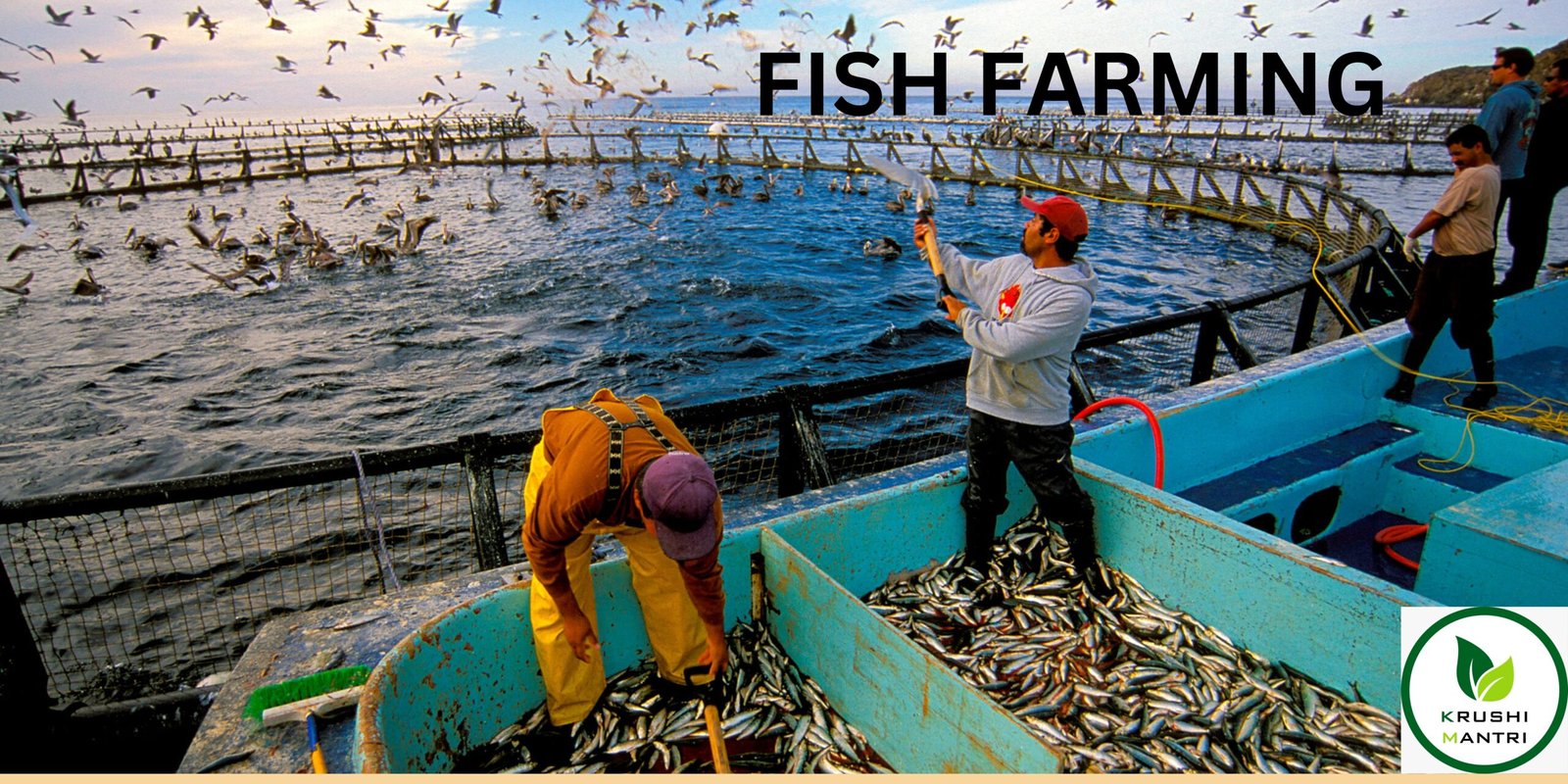Winter fruits in Maharashtra, with its diverse climate and fertile soil, is a key hub for cultivating a variety during the winter season. From the juicy Nagpur oranges to the sweet strawberries of Mahabaleshwar, farmers take advantage of the cooler temperatures to produce high-quality . However, successful cultivation requires proper care to prevent diseases, manage fungal infections, and use the right fertilizers for optimal yield.
Cold-Season Fruits Cultivated in Maharashtra
- Strawberries (Mahabaleshwar): Sweet, luscious berries known for their vibrant red color.
- Oranges (Nagpur): Juicy and tangy, Nagpur oranges are a winter favorite.
- Grapes (Nashik): Cultivated for fresh consumption and wine production.
- Guavas: A nutrient-rich fruit grown widely across the state.
- Pomegranates: Known for their juicy arils and medicinal properties.
- Chikoo (Sapota): Sweet and grainy, mostly cultivated in coastal areas.
- Bananas: While grown year-round, winter provides favorable conditions for a good yield.
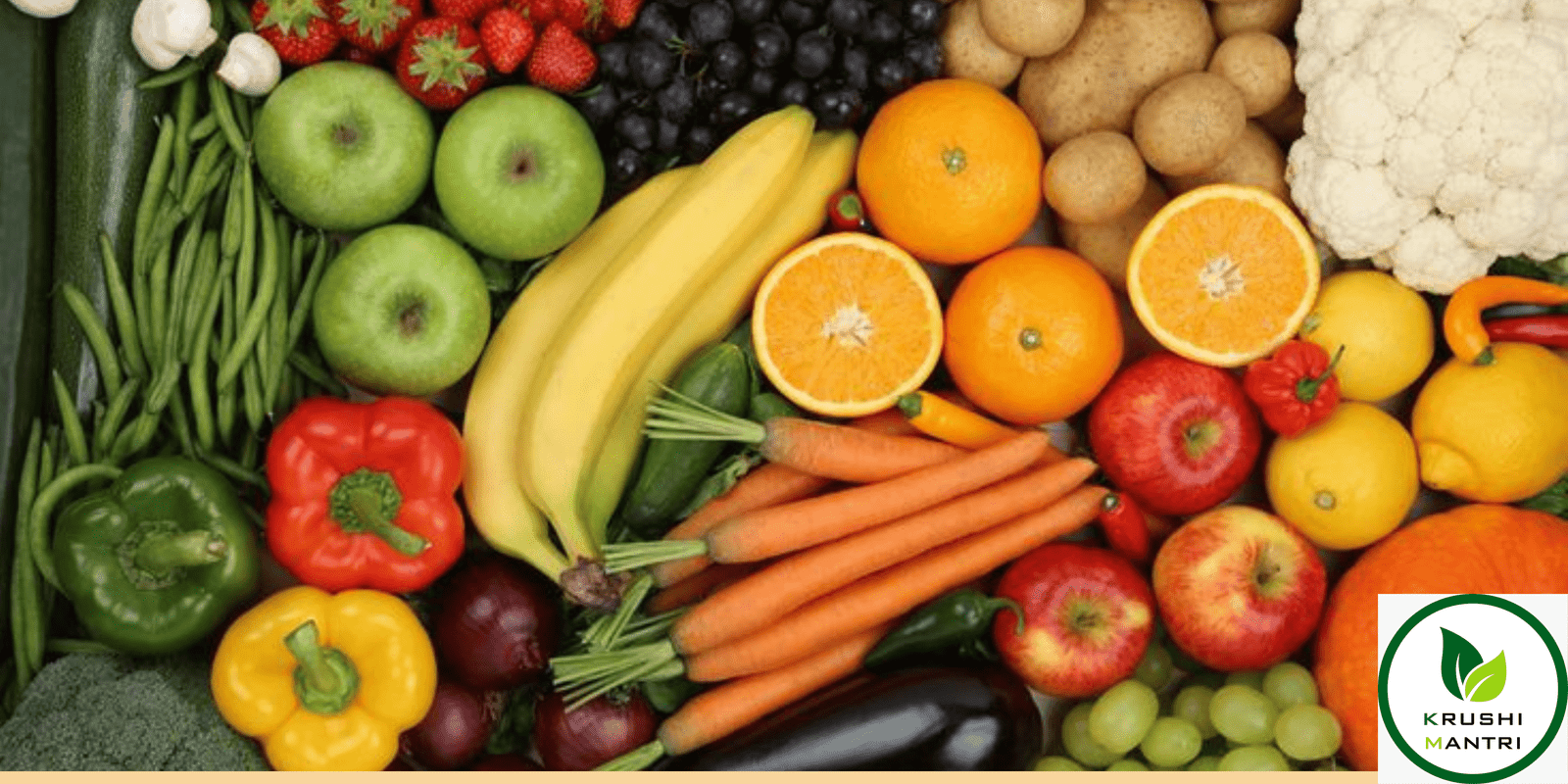
Common Challenges in Cultivation
Pests and Diseases
- Aphids and Mealybugs
- Damage: Suck sap from leaves and fruit, leading to stunted growth.
- Solution: Use neem oil sprays and predatory insects like ladybugs.
- Fruit Borers
- Damage: Bore into fruits, reducing quality and market value.
- Solution: Use pheromone traps and timely insecticide application.
Fungal Infections
- Black Spot Disease: Affects citrus fruits, causing blemishes and reduced yield.
- Downy Mildew: Common in grapes, causing yellowing and decay.
- Botrytis (Gray Mold): Affects strawberries, leading to rotting.
- Preventive Measures:
- Ensure proper air circulation in orchards.
- Avoid waterlogging and over-irrigation.
- Apply organic fungicides like copper oxychloride.
Soil and Nutrient Management
- Soil Testing:
- Regular soil testing ensures the right balance of nutrients for healthy crops.
- Organic Manures:
- Vermicompost, cow manure, and poultry litter improve soil fertility and microbial activity.
- Micronutrient Sprays:
- Zinc, boron, and magnesium are essential for fruiting and flowering.
Precautionary Measures
- Field Hygiene: Remove fallen leaves and infected fruits to reduce fungal spores.
- Irrigation Management: Avoid overwatering and ensure good drainage.
- Crop Rotation: Prevent disease buildup by rotating crops in the same field.
- Timely Spraying: Use preventive fungicides during early stages of infection.
- Soil Testing: Regularly test soil for nutrient levels and pathogens.
Irrigation Best Practices
- Mulching helps retain soil moisture and prevent weed growth.
- Avoid watering during the late evening to reduce the risk of fungal infections.
- Drip irrigation is ideal for saving water and ensuring uniform moisture distribution.
Best Fertilizers for Cold-Season Fruits
- Strawberries
- Use balanced fertilizers with nitrogen, phosphorus, and potassium (NPK) in a 10-10-10 ratio.
- Organic options: Well-decomposed cow manure and vermicompost.
- Oranges
- Apply NPK (12-6-12) for healthy fruiting.
- Supplement with micronutrients like zinc and magnesium.
- Grapes
- Fertilize with NPK (19-19-19) and organic compost for better yield.
- Add potassium nitrate during the flowering stage.
- Pomegranates
- Use phosphorus-rich fertilizers like single super phosphate (SSP).
- Organic manure helps improve soil fertility.
- Guavas
- Fertilize with NPK (10-5-20) and supplement with boron and calcium.
- Apply farmyard manure to improve soil structure.
- Chikoo (Sapota)
- Apply NPK (12-8-12) and add organic mulch for moisture retention.
- Use neem cake to prevent soil-borne diseases.
- Bananas
- Use NPK (15-5-30) for optimal fruit growth.
- Apply potassium sulfate for better quality.
Post-Harvest Practices
- Grading and Sorting: Separate fruits based on size, color, and quality for better market value.
- Cold Storage: Essential for extending the shelf life of perishable fruits like strawberries and grapes.
- Packaging: Use eco-friendly materials that maintain freshness during transport.
Sustainable Farming Practices
- Intercropping: Grow compatible crops like turmeric or onions alongside fruits to improve soil health.
- Integrated Pest Management (IPM): Combine biological and chemical methods to control pests effectively.
- Organic Farming: Reduce chemical inputs to produce healthier cold-season fruits and maintain soil health.
Conclusion
Cold is a crucial season for farmers in Maharashtra, offering a chance to grow high-value crops like strawberries, oranges, and grapes. By following proper precautions against diseases, managing fungal infections, and using the right fertilizers, farmers can ensure a bountiful harvest. Sustainable farming practices and regular monitoring are key to maintaining the quality and reputation of Maharashtra.
- How to Correct Your Farmer ID Online: A Step-by-Step Guide for Indian Farmers

- Unlocking the Potential of Sugarcane Production in Maharashtra: Expert Tips for Farming, Harvesting, and Marketing

- Apiculture- 6Essential Steps to Build a Thriving Honey Bee Farm
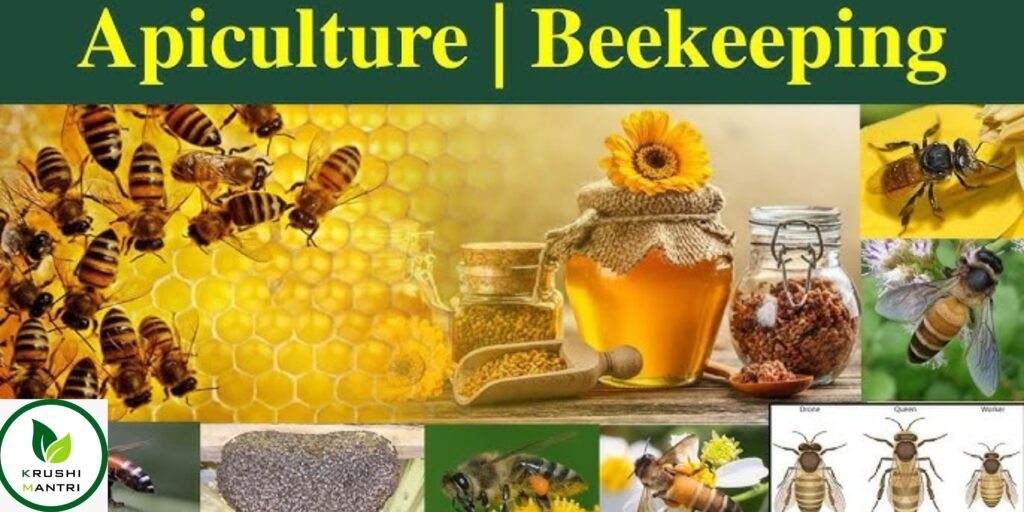
- Comprehensive Guide to Starting a Poultry Farm Business: Egg Production, Sheds, and Poultry Farm Insurance Coverage
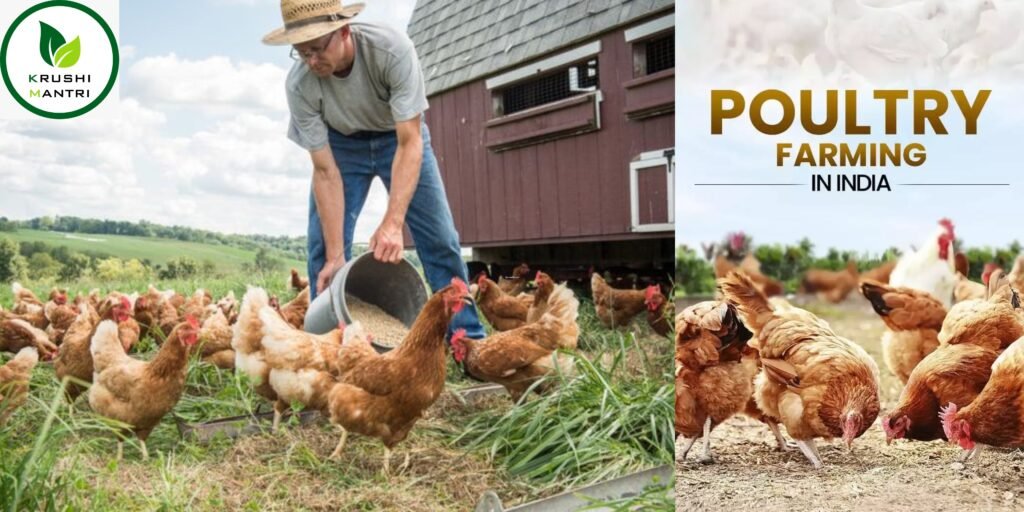
- A Complete Guide to Sandalwood Tree Farming: Red and White Sandalwood
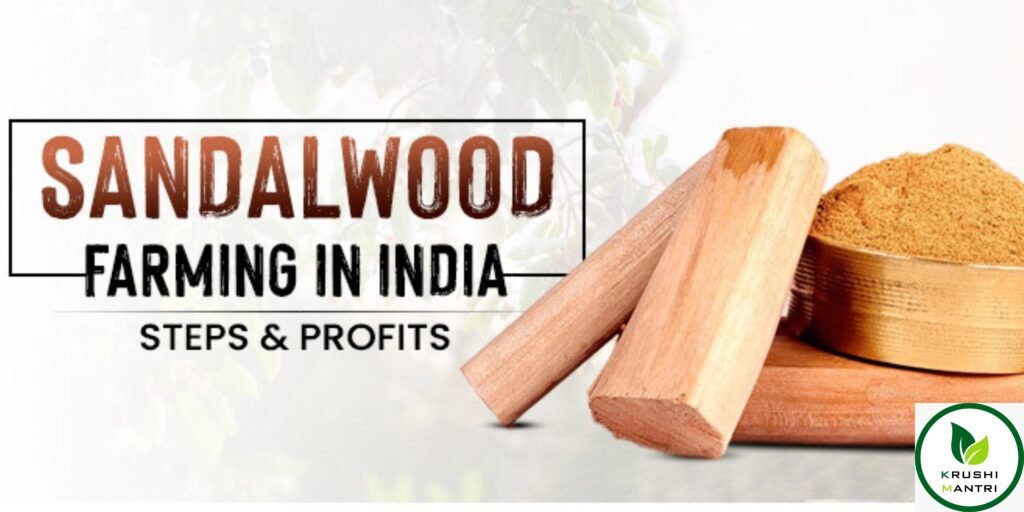
- Rohu, Salmon Fish Farming: 4 Effective Strategies for (Types, Care, and Area-Specific Guidance)

